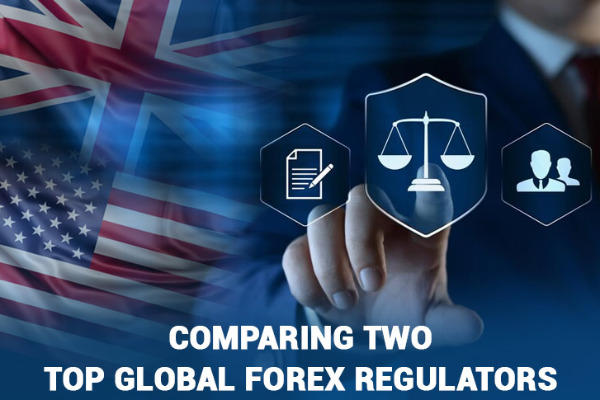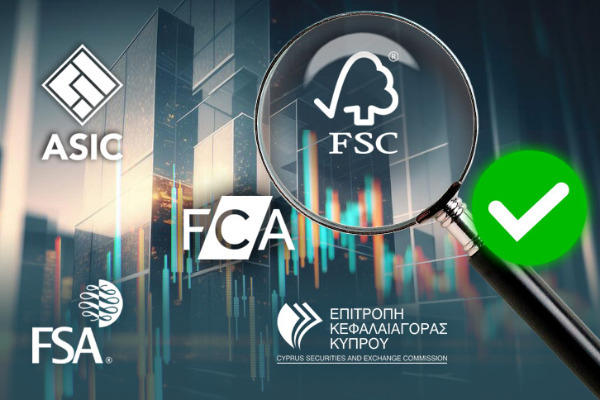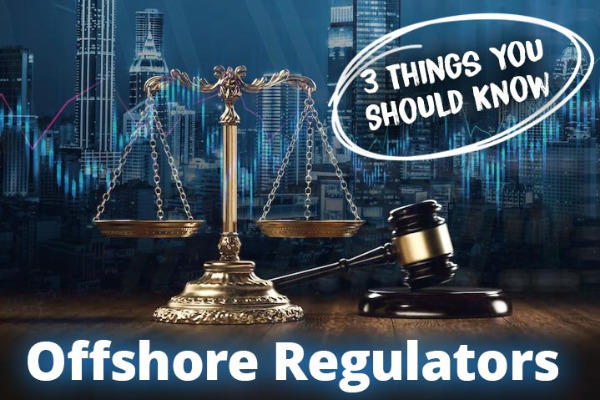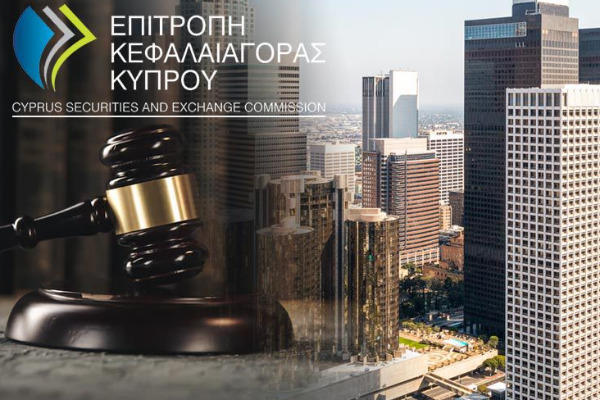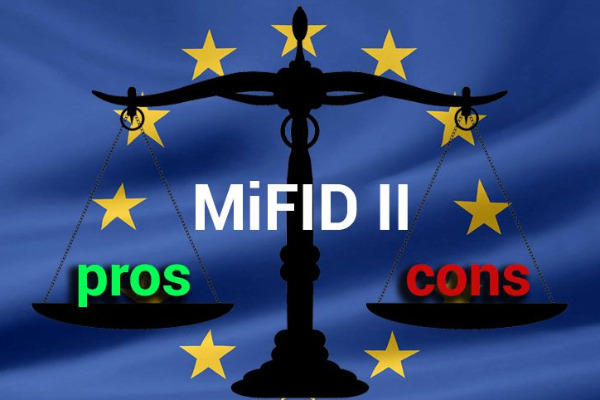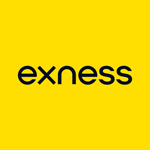All across the globe, every jurisdiction might have set up its own financial regulatory to oversee the financial institutions. But are all financial regulators created equal? What about CySEC versus FCA?
In today's society, we can easily say that CySEC and FCA are two of the most popular FX regulators. Then, what is the difference between these two regulators?
In general, there are a few differences that could be described below:
| Aspects | CySEC | FCA |
| 🌏Jurisdictions | Cyprus | United Kingdom |
| 🔎Regulatory scopes | CySEC primarily focuses on regulating investment services, including brokerage firms, investment funds, and portfolio management companies | The FCA, in addition to overseeing investment firms, also regulates other financial sectors such as banking, insurance, consumer credit, and mortgage providers |
| 💼Legal framework | CySEC operates under the legal framework provided by the European Union's Markets in Financial Instruments Directive (MiFID) | The FCA operates under its own legal framework, which includes rules derived from EU directives but may also have additional regulations specific to the UK |
| 🗺Available markets | Has a little wider market coverage | Has narrower market coverage because of Brexit |
| 📁Segregated account | CySEC brokers do not require their licensed companies to have segregated accounts | FCA forex brokers are required to open a segregated account |
| 📃Licensing process | Way cheaper than FCA | The cost might be twice as much as CySEC |
| 💳Withdrawal process | CySEC licensed brokers have more freedom of keeping withdrawal requests as long as they want | FCA brokers are strictly prohibited from inhibiting the withdrawal process |
In this article, we are going to explore the details and characteristics of each regulator to learn further about their differences. Gaining this knowledge could hopefully increase your wisdom when choosing the right forex broker.
So, What is the FCA?
The FCA, also known as the Financial Conduct Authority, is a financial regulatory body based in the United Kingdom. The main task of this entity is to monitor and regulate every financial services industry operating inside its jurisdiction.
They are operating independently from the government and have the right to charge fees to their members so they can maintain the integrity of the financial markets within the United Kingdom.
The FCA is given significant power to regulate financial institutions, such as:
- Regulating marketing conduct,
- Specify requirement standards, and
- Investigate any individuals or organizations suspected of fraud.
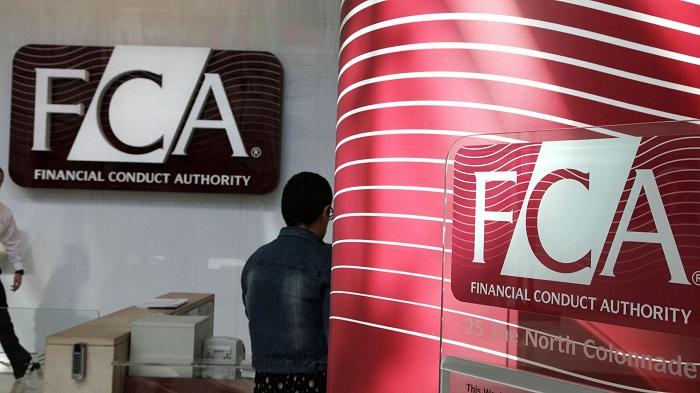
Any forex brokers who wish to register under the FCA's list of regulated brokers need to meet really strict criteria and be able to operate according to the highest level of professional standards.
You can find that nearly all of the top-rated forex brokers are regulated by the FCA. Forex brokers with an FCA license is guaranteed to own the best possible and latest security mechanism of financial transactions in the current market standard.
Then What is CySec?
The CySec, also known as the Cyprus Securities and Exchange Commission, is a government-owned financial regulatory body based in Cyprus.
Since Cyprus is a member state of the European Union, all states listed as members of the European Union recognize financial companies licensed by CySec.
CySec might happen to be the largest government-owned regulatory agency of forex and binary options brokers in the world. The agency is responsible for granting as well as monitoring operation licenses to brokerage firms.
To carry out its function, CySec has been granted permission to impose sanctions and penalties on any broker suspected of fraud. Every transaction carried out through a CySec-regulated forex broker is under their supervision, so all transactions such as withdrawals or deposits are reported, recorded, and monitored properly.
This means all fund invested by traders in a CySec-regulated forex broker is protected. CySEC also oversees the operations of regulated brokers to ensure fairness and good standard across the board.
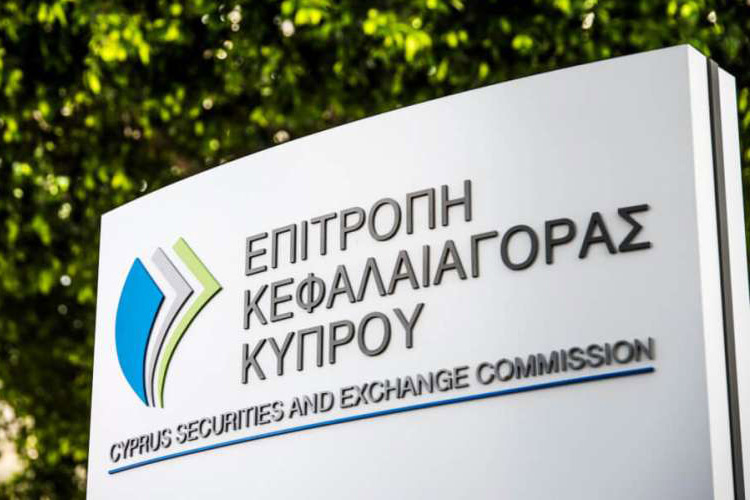
Some forex brokers are registered both on CySec and the FCA, while others are licensed by only one of them. Interestingly, a lot of traders prefer to use FCA-regulated brokers over CySEC-licensed brokers. Since it is commonly believed that FCA brokers offer better financial protection and ensure higher standards.
Differences between CySEC and FCA
While they share the common goal of ensuring the integrity and stability of the financial system, there are some key differences between CySEC and FCA regulations:
Available Markets
Currently, there is little to no difference in available markets between CySEC and FCA. At glance, CySEC seems to have wider market coverage, but when we take a larger point of view, there's not really much of a difference.
The difference of available markets between CySEC and FCA may begin to materialize after Brexit transition period on December 31, 2020.
The major change is that markets available for UK FCA will be narrowed down to quite a few. If the FCA intends to maintain the rate it's operating today, the regulator may have to form some kind of partnerships in the near future.
The partnership needs to regulate the laws and operational guidelines with various other European Union countries so FCA could expand its market reach later on.
Segregated Accounts
What is a segregated account, anyway? You can think of it this way:
Let's picture when traders deposit some trading capital to the brokerage of their choice. Where do you think those funds will go? Will it be directly deposited to the broker's bank current account?
The answer is yes, but not as simple as that. Under the FCA law, forex brokers are required to open a separate account to handle customers' funds and deposits, limiting access to those funds.
CySEC-regulated forex brokers are more lenient regarding such policy, leaving the final decision to each broker whether they need to open the segregated account or not.
Unlike other types of accounts like a forex demo account or even a mini account, a segregated account is a required feature for a regulated forex broker. Sometimes, it's a commodity of luxury which not every broker can access due to certain restrictions such as limitations from various banks.
Why is the segregated account important for traders? Generally speaking, this policy creates a more transparent and safe environment for customers.
In case your broker gets hacked or goes bankrupt, it is more likely for you to retrieve your funds back. And in this case, the Cyprus Securities and Exchange Commission (CySec) does not require its licensed companies to have segregated accounts while the FCA does.
The Licensing Process
The process to acquire an FCA license is completely different from getting a CySEC license. The first difference is the price. CySEC license is way cheaper than FCA simply because Cyprus is much cheaper in both labor and property price. Still, both regulators are similar in their labor requirements.
All brokerages regulated by CySEC and FCA are required to establish offline offices and recruit local staff. Considering the cost of having an office full of staff in the UK could easily amount to twice the cost in CySEC, it's understandable why the majority of new brokers prefer to go with CySEC.
See also: CySEC Regulated Forex Brokers with the Lowest Spread
Withdrawal Speed
Lastly, the difference between FCA and CySEC regulated brokers is the speed at which brokers are required to process withdrawal requests. With FCA licensed companies, the broker is prohibited from inhibiting the withdrawal process.
This means that brokers can't block or any withdrawal as it needs to be processed immediately. With CySEC licensed brokers though, brokers have more freedom of keeping withdrawal requests as long as they want, sometimes evening them for months.
The Effect of Brexit on Traders Using FCA and CySEC Brokers
Every forex trader knows the importance of choosing a regulated broker. However, following the UK's decision to leave the EU, legislation surrounding CySEC and FCA-regulated brokers could all be set to change.
A lot of uncertainty surrounds the EU traders who are trading with FCA-regulated brokers. FCA brokers themselves are really popular with European traders since it is believed that the FCA offers the highest possible standards of regulation.
However, upon Brexit, there are large concerns that the EU will pass legislation to forbid EU citizens trading with a UK-regulated broker. Although CySEC in itself is a trustworthy regulatory body, many European traders would still prefer the extra added security and protection presented by the FCA, hence the growing fears of losing access to brokers regulated by the FCA.
At the time of the article's writing, FCA-regulated forex brokers are still allowed to operate all across the EU. However, this could change at any time, depending on the negotiations between the UK and the EU member states.
In case EU traders are forbidden from trading with any FCA-regulated broker, they may be forced to switch to register on a CySEC-regulated broker or others regulated by different EU jurisdictions.
There is, however, a strong opinion in the market that things are very unlikely to change. It is expected that EU traders will continue to be allowed to trade using FCA-regulated brokers.
As of today, nothing appears to have changed regarding broker regulation. But, guess it won't harm if you start reviewing some brokers regulated by CySEC for research purposes.

 Dedicated FREE FOREX VPS
Dedicated FREE FOREX VPS Free FOREX Virtual Private Server
Free FOREX Virtual Private Server MT4 Demo Contest, Get $500
MT4 Demo Contest, Get $500 Sign Up for an Account, Claim 60% Deposit Bonus
Sign Up for an Account, Claim 60% Deposit Bonus Free MT4/MT5 VPS 2024
Free MT4/MT5 VPS 2024 Send E-mail and Get Free Merchandise
Send E-mail and Get Free Merchandise $1K Refer a Friend Bonus for Pepperstone Pro clients
$1K Refer a Friend Bonus for Pepperstone Pro clients Maximize Your Earnings with 100% Deposit bonus
Maximize Your Earnings with 100% Deposit bonus Trade to Win, $5,000 Monthly Demo Contest
Trade to Win, $5,000 Monthly Demo Contest Claim 30% + 15% Deposit Bonus from LiteFinance
Claim 30% + 15% Deposit Bonus from LiteFinance

